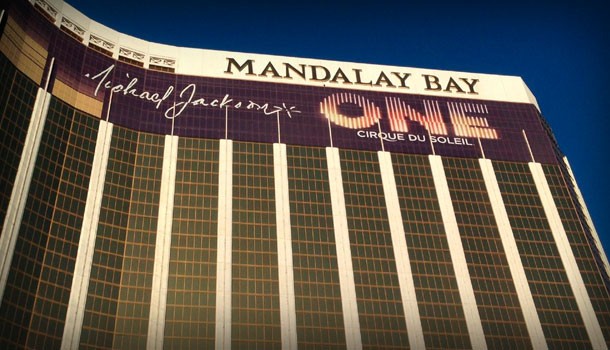
Every poker room has the power to implement their own rules.
Some poker rooms allow you to use your cell phone at the table while others do not. Personally, I wish they all disallowed them. Some poker rooms allow you to expose your hand in heads-up situations if you will close the action while others disallow this.
Rules vary.
Generally speaking this is not a big deal, and most players are savvy enough to know that when they are in an unfamiliar card-room, exposing their hand in a heads-up pot might be against the rules. You can either ask about their rules, or simply play the hand “straight up” assuming the rules are strict across the board.
Point is, you need to be cognizant of the fact that the rules in poker rooms may not be uniform, but for the most part they are pretty standardized and where they do deviate they are unlikely to catch players completely off guard.
However, some rules are so bad, and so out of the ordinary that they do catch players off guard, even experienced players.
The Mandalay Bay in Las Vegas, Nevada (which boasts a small poker room adjacent to its sportsbook) is one of those poker rooms that has such a rule in place – you wouldn’t even know it because they do not allow anyone to look at their rulebook – actually they have multiple terrible rules, but I’m going to focus on one in particular.
Apparently they have a policy that says declarations are binding, which makes sense, until you hear the rest of the rule… even if the action is not on you! You can read about this rule in this 2+2 thread, where several people corroborate that this rule is in place, enforced, and even the poker room itself has stated that this is in fact the rule.
Worse, the rule is not posted or listed in the little handout available to players.
This is not the only strange rule in the poker room either – For whatever reason Mandalay Bay offers free poker magazines but doesn’t allow you to read them at the table.
Back to the 2+2 thread. Ignoring the “did he say probably or not, and is that a declarative statement” part of the thread (that’s a different issue for a different day), I have two serious problems with this rule.
Issue #1: Poker is about deception
Essentially what the Mandalay Bay has done is turn your opponent’s phishing questions into a potential act of perjury should you answer them.
Sorry, but last time I checked poker was about deception. Is lying to your opponent any different than bluffing? There is a huge difference between saying “I raise to $80,” and answering a player’s question about what you intend to do when it is your turn to act.
Imagine if Mandalay Bay was in charge of the NFL, you’d have to run in straight lines, declare pass or run pre-snap, and absolutely no trick plays.
All this rule does (assuming the players are aware of it) is create an atmosphere where players are less likely to be social, and less likely to answer questions or even talk at the table, out of fear that they will say something that could be construed as a declarative statement.
And imagine you are victimized by this rule? How would you feel about the Mandalay Bay afterwards, or Vegas in general? It’s absolutely horrible customer service.
Issue #2: The rules help angle shooters
My bigger problem with the rule is that it creates a haven for angle shooters.
The situation in the 2+2 thread demonstrates this perfectly, as the victim is completely unaware of the very unusual rule, while the regular in the game knows it front and back and takes advantage of this knowledge – which is made all the worse by the fact the Mandalay bay refuses to let anyone see its rulebook.
Any regular who holds the nuts on the river could ask a player “How much will you call?” or “If I go all-in would you call?” and freeroll them. Like a bluff, it doesn’t have to work every time, you just have to get one person a day who answers your query for your little angle to make a tidy profit.
Despicable is the only word that comes to my mind.
If your poker room relies on angle-shooting regulars to survive (and you essentially encourage this behavior with your holy of holies rulebook that no one is allowed to see) than your poker room should be put out of its misery.
Rules are supposed to be put in place to clear up gray areas and prevent players from exploiting loopholes, not create these situations.
If I was a poker room manager I would not sleep well at night knowing that the policies I have put in place and/or I’m enforcing are fleecing unsuspecting players. Is the Mandalay Bay running a poker room or a Three Card Monte game?
Keep in mind, this is not some out of the way local’s casino; Mandalay Bay is a heavily visited touristy resort on the Las Vegas Strip.
Why is the rule in place?
Honestly, I can’t think of one purpose this rule serves or one problem it solves.
I’m also curious why this rule is not in place at any other card room I am aware of.
I would love to hear the explanation of the “issue” that was occurring that required the creation of this rule and what precisely this rule prevents from occuring.
I would also love to hear why nobody is allowed to see the Mandalay Bay’s rulebook, or why their nonstandard rules are not clearly posted, and why nobody will even explain them (jump to the 1:36 mark).
Until the Mandalay Bay answers these questions, I would be very weary of playing there… who knows what other unusual rules are in place.

